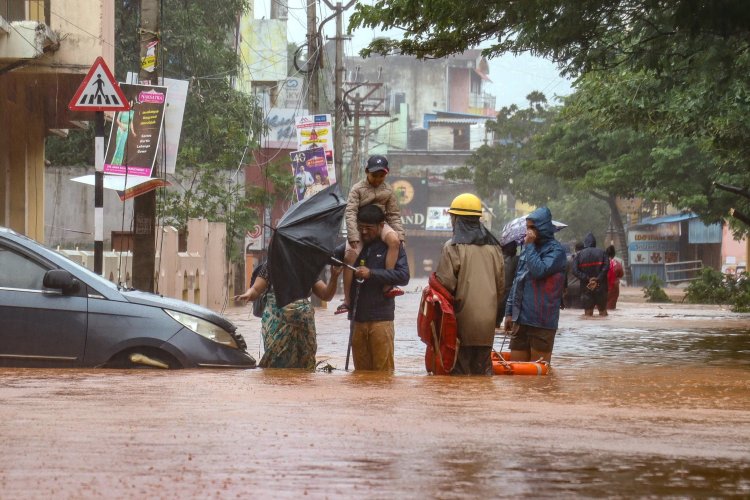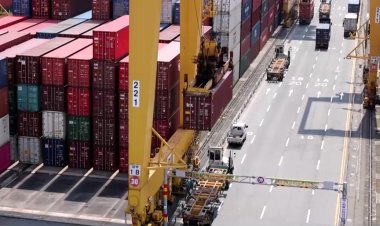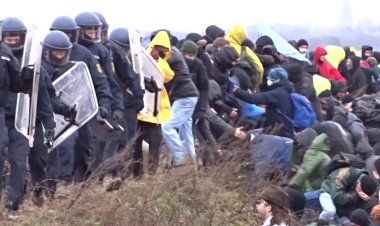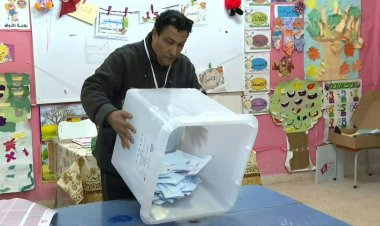Cyclone Fengal devastates southern India

Cyclone Fengal has wreaked havoc across southern India, causing severe flooding, widespread disruption, and multiple casualties. The cyclone, which made landfall in Puducherry on November 30, has triggered the highest rainfall in 30 years in the region, prompting military deployment for rescue operations.
The death toll has reached 19, with 16 fatalities in Sri Lanka and three in India, including a 45-year-old man in Chennai who was electrocuted by a fallen power cable. The storm has affected approximately 139,000 families in Sri Lanka, according to the Disaster Management Centre in Colombo.
Tamil Nadu has been particularly hard hit, with several areas recording over 40 cm of rainfall, described as "unprecedented" by Chief Minister MK Stalin. The flooding has severely impacted transportation, with the Vikravandi-Mundiyampakkam bridge submerged, leading to the suspension of railway services. While Chennai airport resumed operations on December 1, many areas remain inundated.
The state government has responded by distributing over 900,000 food packets and establishing 32 relief camps housing approximately 1,000 people. In Kerala, authorities have restricted access to the Sabarimala hill shrine and imposed limitations on pilgrim movement due to dangerous weather conditions.
Educational institutions in multiple regions, including Mysore, Kolar, and Chikkaballapur in Karnataka, and Karaikal in Puducherry, have been closed. The Indian Meteorological Department has issued red alerts for several districts in Kerala, including Malappuram, Kozhikode, Wayanad, and Kannur, warning of extremely heavy rainfall.
While the cyclone has weakened into a low-pressure system, forecasters predict it may intensify again over the Arabian Sea near the Kerala-Karnataka coast.State and national disaster response teams continue their rescue efforts, while local governments assess the damage and provide relief measures to affected populations.















